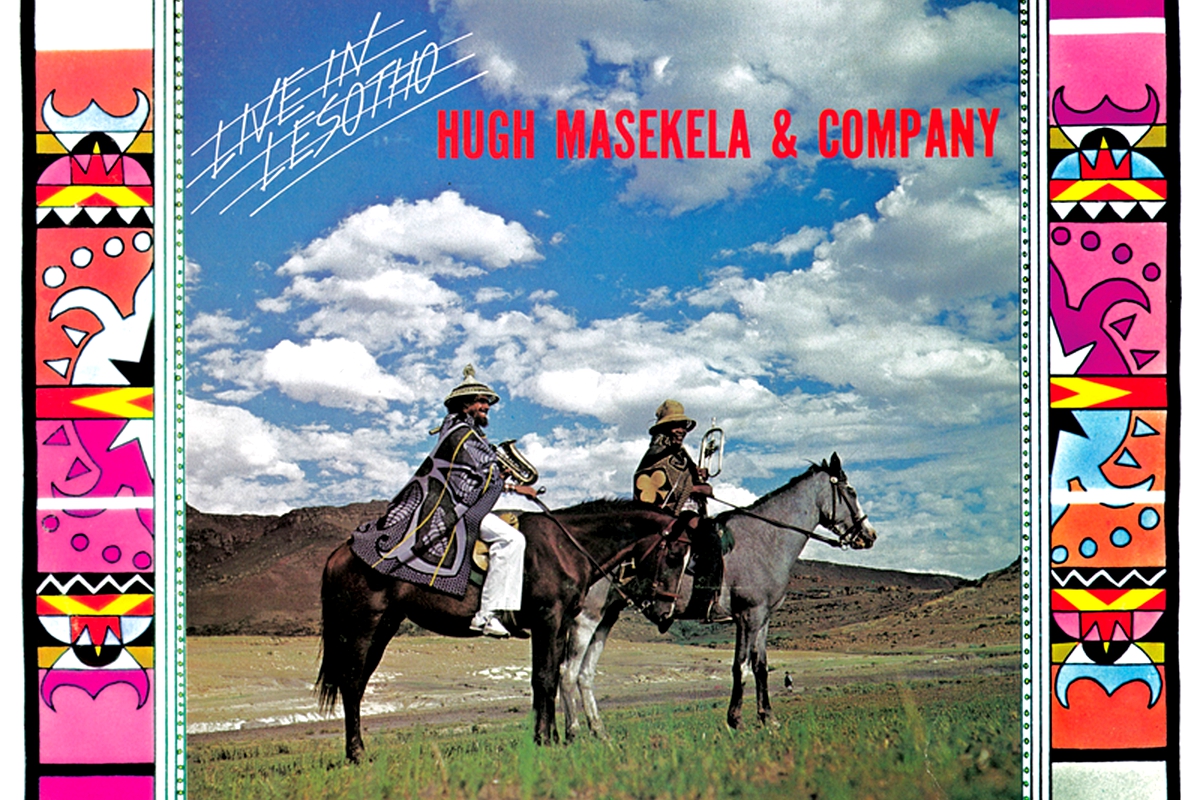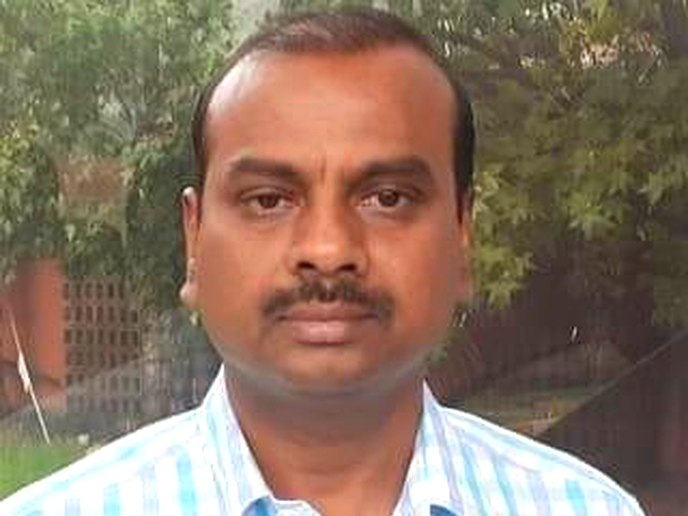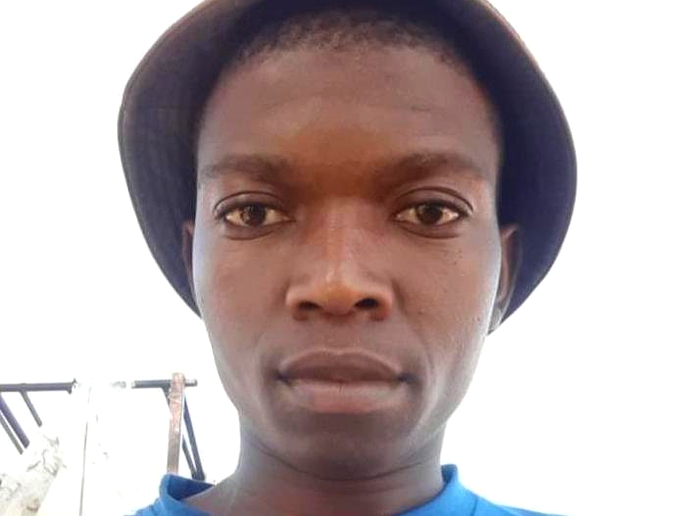MASERU – Matsuli Music will on December 2 reissue the 1980 live recorded trumpeter Hugh Masekela’s album titled ‘Live in Lesotho’ on vinyl.
society
Nov. 29, 2019
METRO REPORTERS
3 min read
Hugh Masekela’s 1980 protest concert, Live in Lesotho, reissued on vinyl

Live in Lesotho album cover
Music commentators tout this collection as an unforgettable political climax in which the late trumpet player taunted the South African Pretoria regime of the time on its very borders.
It was in 1960, after the Sharpeville massacre, that the South African jazzman was exiled to England for his studies, he flew to the US sometime later and reconnected with his long-time friend Miriam Makeba; they had met during the musical King Kong in South Africa, soon after that meeting they’d be married.
Influenced by Thelonious Monk, John Coltrane, Dizzy Gillespie or Harry Belafonte, Masekela released his first album, Trumpet Africaine, in 1962.
Bro Hugh, as he was affectionately called rubbed shoulders with the Black Panthers and kept an eye on what was happening in Africa, where wars of liberation were still raging.
Enjoy our daily newsletter from today
Access exclusive newsletters, along with previews of new media releases.
He eventually went there with his producer Stuart Levine, with whom he organised the musical festival Zaire 74 preceding the epic fight “The Rumble in the Jungle” between Ali-Foreman in Kinshasa. But in his home country, the situation was worsening.
In 1976, the South African regime decided to make Afrikaans the official language of the country, riots took place in Soweto, the black township of Johannesburg.
The locals were suppressed with bloodshed and Masekela and Makeba, although divorced, had maintained a good relationship. He composed the piece “Soweto Blues” for her to play as a tribute to riots’ martyrs.
Banned from his country due to his activism, it’s with a Ghanaian passport that he came —via South Africa — to Lesotho At the very border of South Africa, the concert drew a crowd of over 75 000 people to denounce the apartheid regime. Masekela would later write: “The concert tore a gaping hole in the insulation the apartheid overlords had tried to build.”
In 1983, he set up a mobile studio in Botswana, close to the Northern border of South Africa, and there reconnected with mbaqanga, the musical genre that was going mainstream in his native country.
Still an activist, he released ‘Bring ’Him Back Home’ in 1987, a song that would become the anthem for all those who fought for the release of the incarcerated Nelson Mandela and participated in the concerts of the Graceland tour with Paul Simon, Miriam Makeba and Ladysmith Black Mambazo.
He would return to Canada in 1990, continuing his career for a country from which he has been exiled for thirty years.
In the light of this story, the significance of this ‘Live in Lesotho’ album is better understood, in the history of the artist and in the liberation of South Africa where music has always played a major role in life and culture.
‘Live in Lesotho’ includes previously unreleased photos and liner notes by Atiyyah Khan.
Tailored for you






